NPPC Asks U.S. To Abide By WTO MCOOL Ruling; Wants Harmonization For North American Hog Markets
WASHINGTON, D.C., June 29, 2012 – The National Pork Producers Council today said it will urge the Obama administration to comply with a World Trade Organization (WTO) decision against the U.S. Mandatory Country-of-Origin Labeling (MCOOL) law and will work to promote harmonization of the North American hog market.
The WTO Appellate Body today upheld a previous WTO dispute settlement panel ruling that the meat labeling law violates U.S. trade obligations under the WTO Agreement on Technical Barriers to Trade. NPPC opposed MCOOL when it was under consideration in the U.S. Congress.
“We believed when it was being debated in Congress that MCOOL would be an unnecessary burden to trade,” said NPPC President R.C. Hunt, a pork producer from Wilson, N.C. “We have maintained that belief consistently from the outset, and we will be working to achieve U.S. compliance with today’s WTO decision.” Read more
